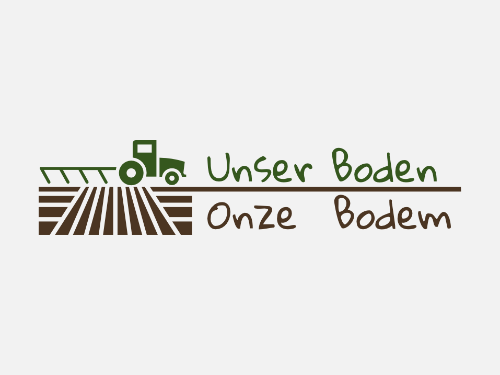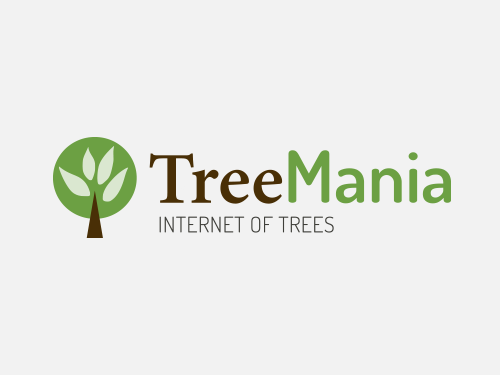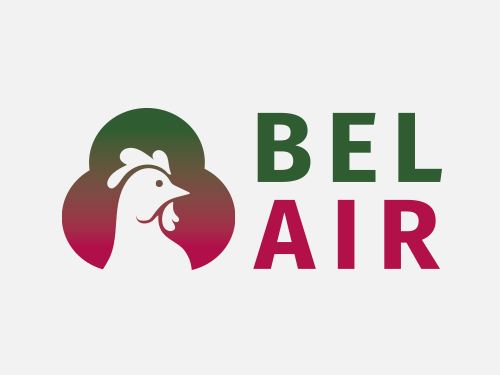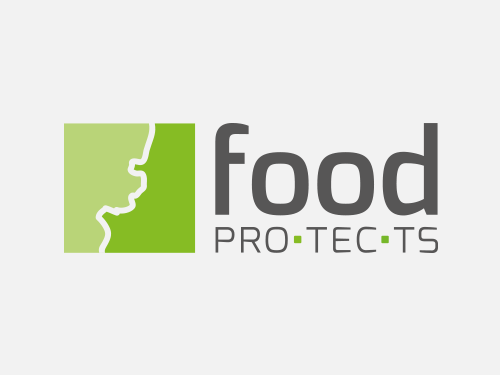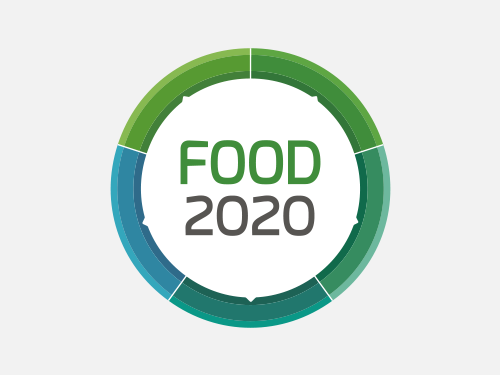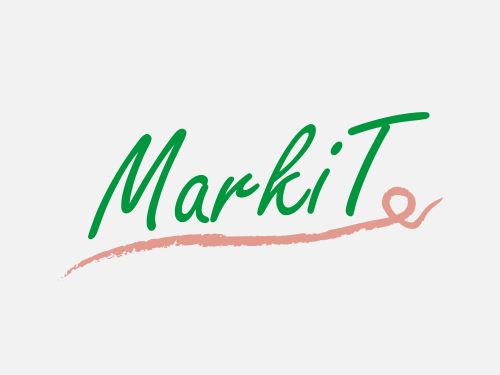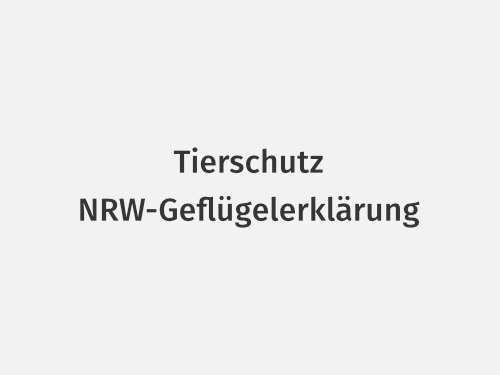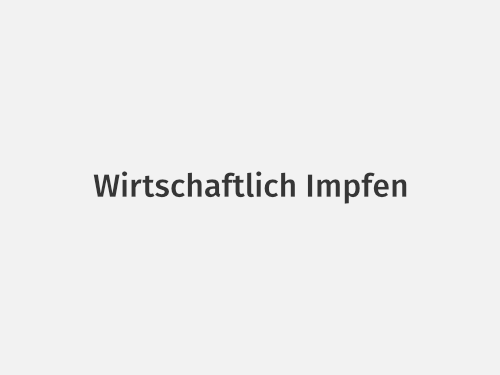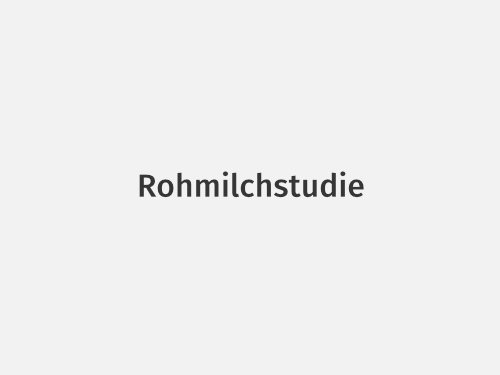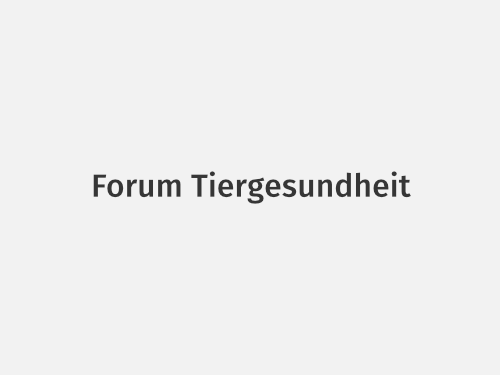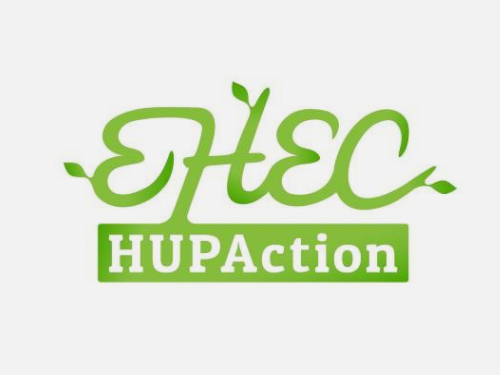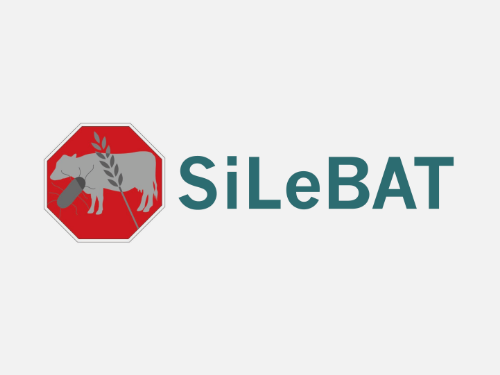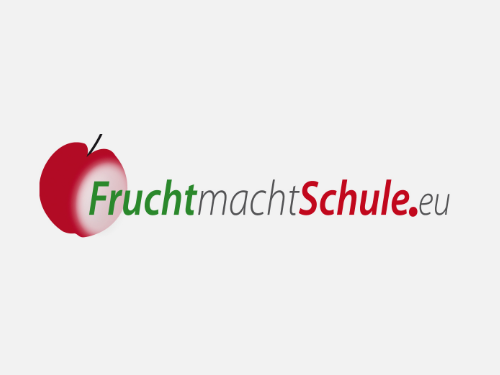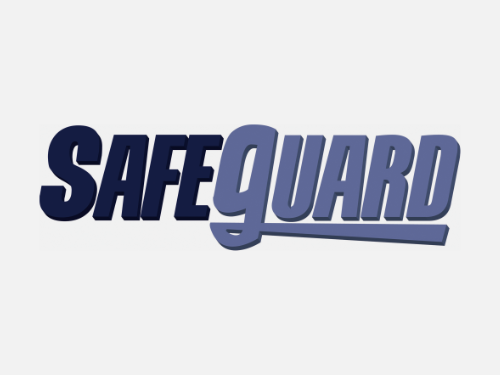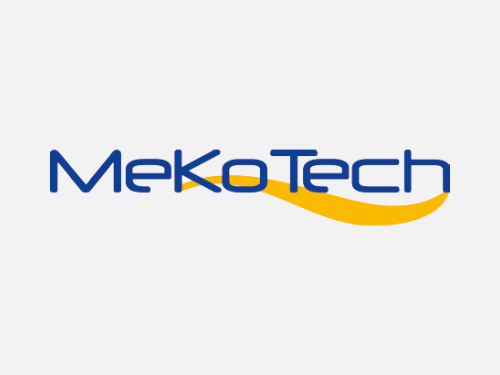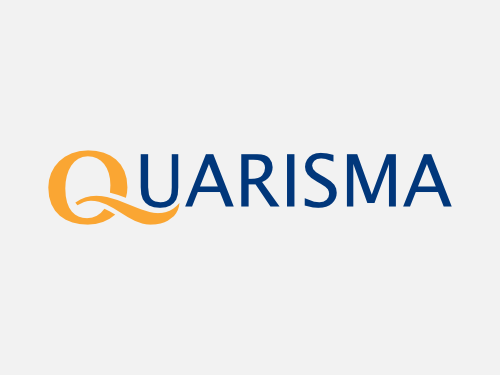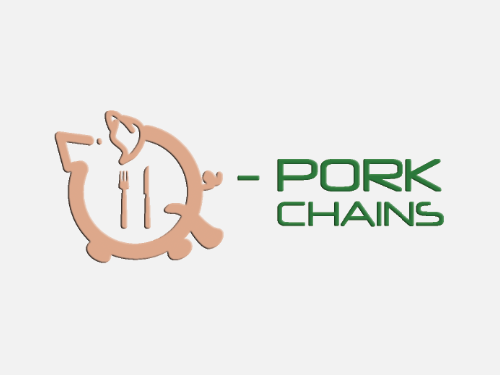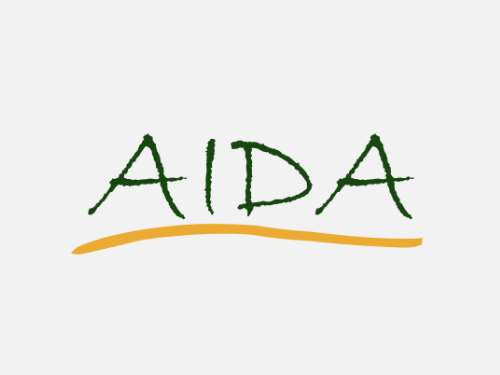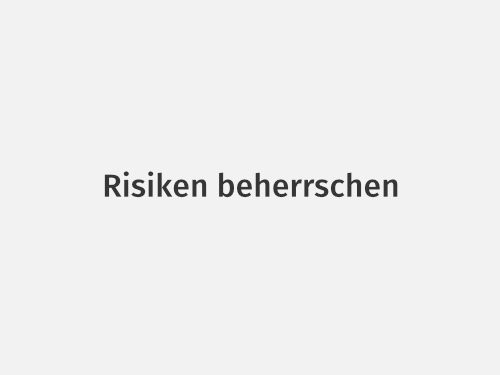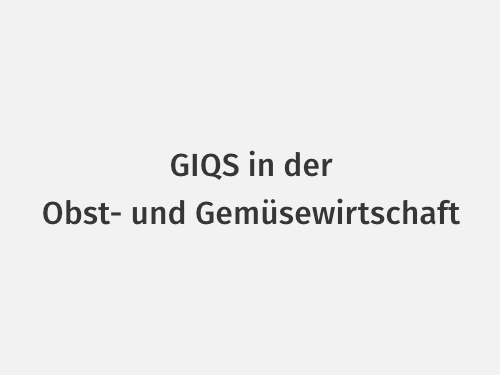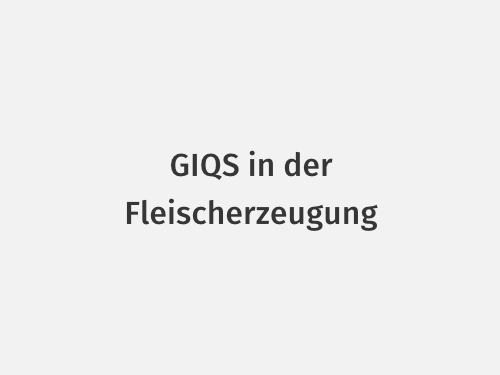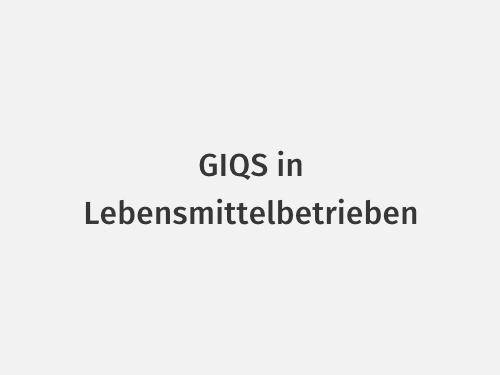Projects of GIQS
The aim of UNSER BODEN is to carry out practical tests for novel soil improvement measures.
The aim of EXODUS is to test a new and very innovative method for biological soil decontamination.
The goal of TreeMania is to develop sustainable methods for the cultivation, planting and care of trees and shrubs in urban areas.
A healthier habitat for humans and animals is to be created in and around poultry farms by reducing endotoxins in the air.
Food Pro-tec-ts was developed to bring high-class technological innovations into the German-Dutch economic area.
The second phase of the project FOOD2020 aims to prepare the food industry in the German-Dutch border region for 2020.
The aim of the MarkiT project is to extend and further develop an existing branded meat programme with animal welfare aspects.
The first phase of FOOD2020 aims to prepare the food industry in the German-Dutch border region for 2020.
NRW has reached an agreement on the withdrawal from the routine shortening of upper beaks.
The outbreak of an animal disease always causes enormous economic damage to the affected farms.
The extent to which raw milk is consumed and marketed in NRW is not known. Possible measures were therefore investigated.
The aim of this project is to create a forum for dialogue between all stakeholders on animal health issues.
The project was prompted by the EHEC crisis, during which the shortcomings in the information exchange system became apparent.
In the SiLeBAT project, bio- and agroterrorist damage situations were examined which could endanger the health of the population.
The project "Frucht macht Schule" examines the current delivery system of the EU School Fruit Scheme.
The aim of the project is to develop common instruments for crisis prevention and crisis management in the field of agro-business.
The FIN-Q.NRW research network was concerned with continuous improvements in animal welfare, animal health and food safety.
The MeKoTech network strived for progress in operational and inter-company quality management and quality communication.
At QUARISMA, the EU's Research Framework Programme has supported the exchange of scientists with industry and vice versa.
The Q-PorkChains project aimed to develop innovative, integrated and sustainable solutions for pigmeat production.
The aim of the joint project was to strengthen the competitiveness of the two-stage animal processing industry in Germany.
The aim was cross-border development and testing of tools for animal disease prevention and control.
The aim of the RFO was to promote the innovation, implementation and internationalisation of the stable-to-table approach.
Cross-border initiative to improve inter-company quality assurance systems.
German and Dutch experts developed tools to improve quality and health management.
Ensuring food quality through effective self-monitoring is the aim of this cross-border project.



